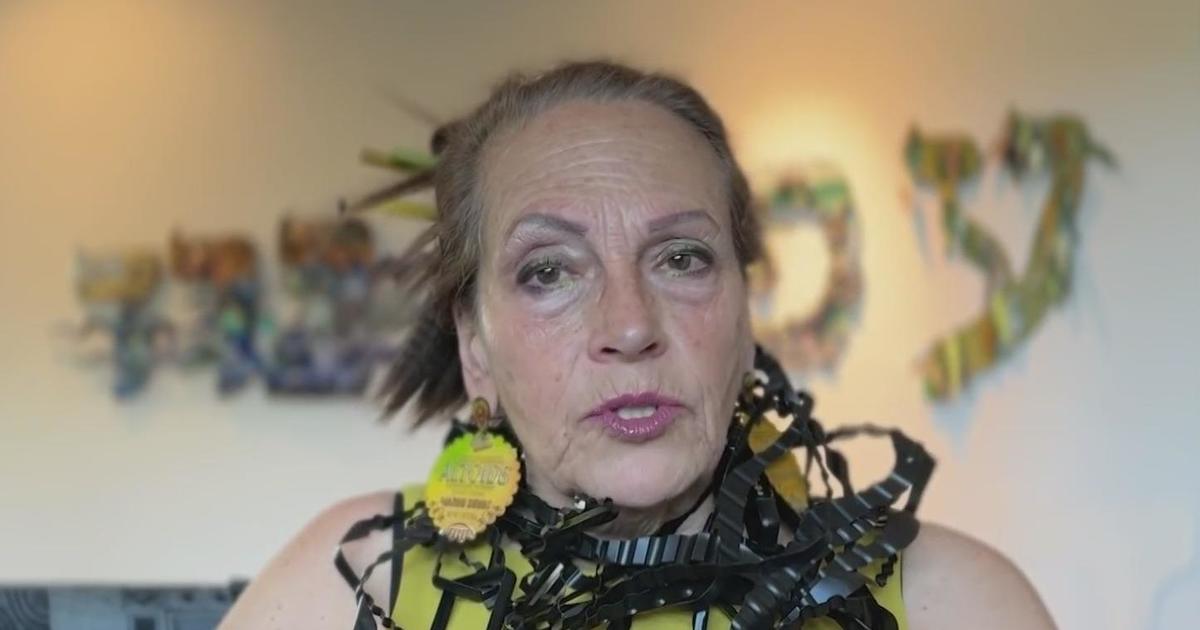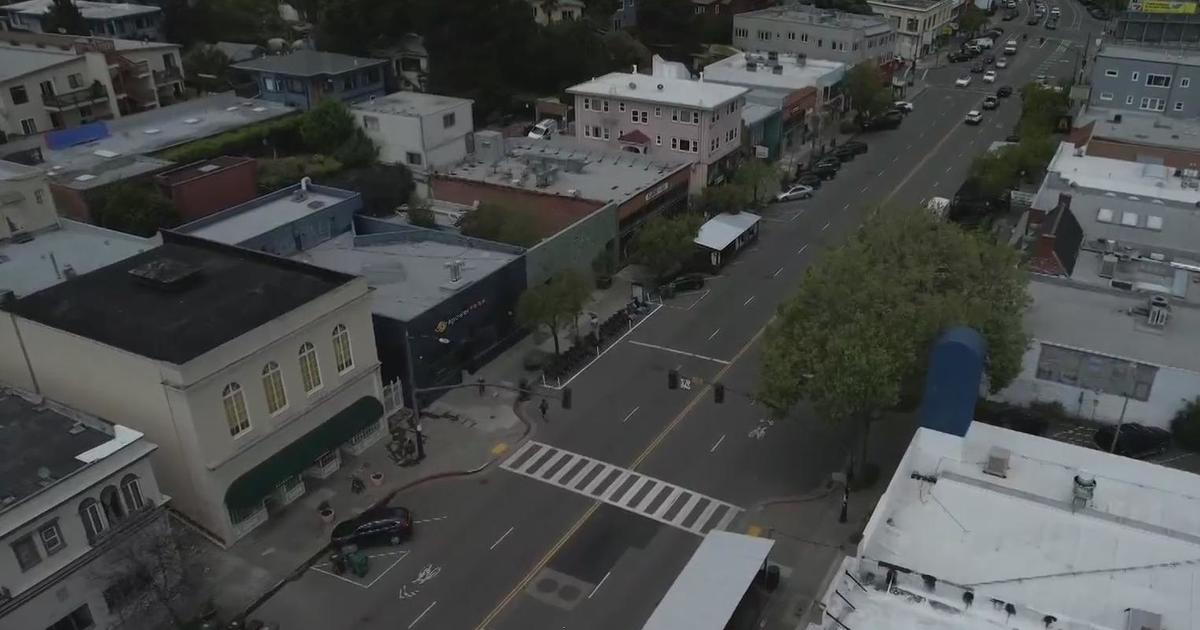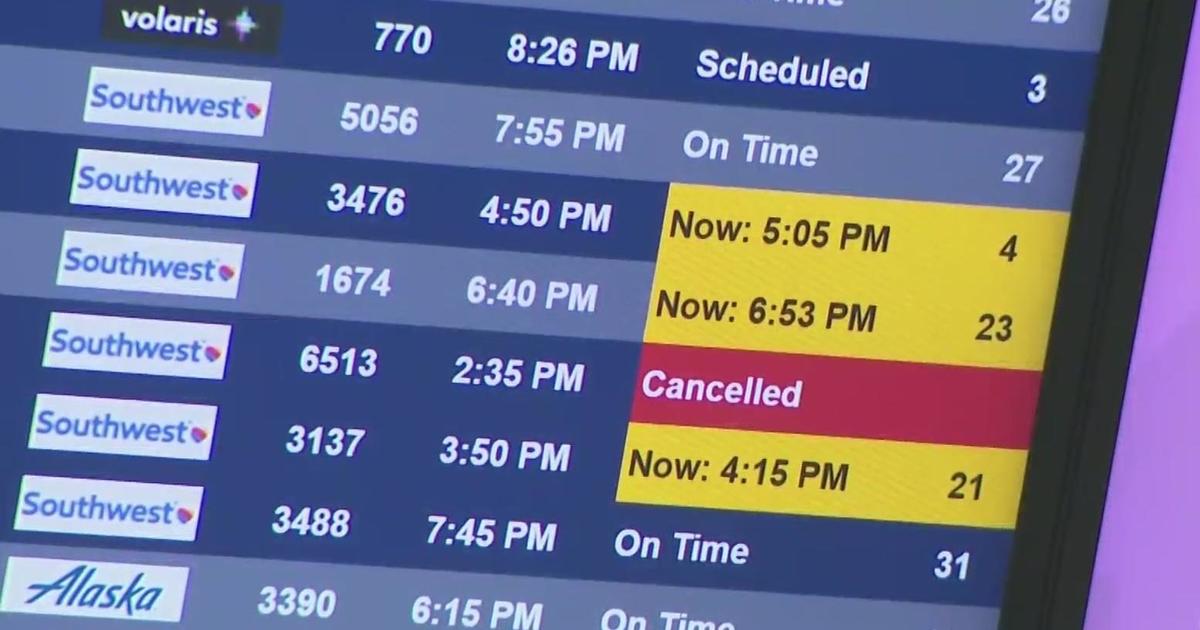Homeowners moving away from gas appliances hit regulatory speed bump
SUNNYVALE -- As state and local officials begin mandating electric-only appliances, PG&E is experiencing long backlogs to approve upgrades necessary for many older homes.
One couple in the South Bay is feeling the shock of trying to switch to electric and their story may be a cautionary tale for many.
Mike and Karen Kapolnek's house in Sunnyvale is more than 100 years old and he has to climb down stairs under the house to get to his furnace and water heater. The couple thought they'd do the right thing and replace all their gas appliances with electric but it turns out the problem doesn't lie with the appliances.
"To replace those we need to upgrade our (electrical) panel," Mike said. "We have a hundred-amp panel right now and we really need about 200 amps."
That was something they were willing to pay an electrician to do.
"But then we started to get into the various PG&E rules that make it difficult to replace a panel in place," Mike said.
RELATED: Gas water heater and furnace phase-out plan to cost consumers
The rules say a new panel must not be located too close to the gas meter even though that's where many were installed in the past as an easy way for PG&E to read the meters.
The Kapolneks have received differing opinions from the utility about whether their panel is too close to the gas meter but they were also told they would need to install a steel post beside their narrow driveway to protect the panel.
"Backing in and out of a long driveway with a metal pole here was a non-starter for us," Mike said.
So they decided to move the entire unit to the other side of the house, something that could cost more than $10,000.
"PG&E required us to lay down a $5,000 deposit to cover some of their costs to move the line to the other side of the house," Mike explained. "So, $10,000 wouldn't be surprising."
Besides the cost, there's finding time for the installation. The Kapolneks have been trying to get approval for the project since August and they are currently in a 35-week-long backlog to get the work done. They figure it will have been an entire year before the process is complete but at least they're in line.
Starting in 2027, it will be illegal to install gas water heaters in the Bay Area and they're worried about what the backlog will be like then for people who have to replace a broken unit.
"I'm concerned about the families that might need to move out of their homes for three, six or maybe more months," Karen said. "Where are they going to find a home and are they going to have to pay double rent? Or pay two mortgages or rent and a mortgage? It just seems like the costs have not been fully appreciated."
The experience has left the couple feeling jaded about the way rules are being made.
"They're very enthusiastic and want it done right now," Mike said. "But you have to take a step back and realize that this affects real people, that we have real systems in place that people rely on in their daily living and you need to work with those and transition smoothly and think about these issues and solve them before it's too late."
Currently, the state ban on gas appliances begins in 2035 but the Bay Area has a more aggressive timeline. Here, the ban on new gas water heaters starts in 2027 and, for new furnaces, in 2029.




